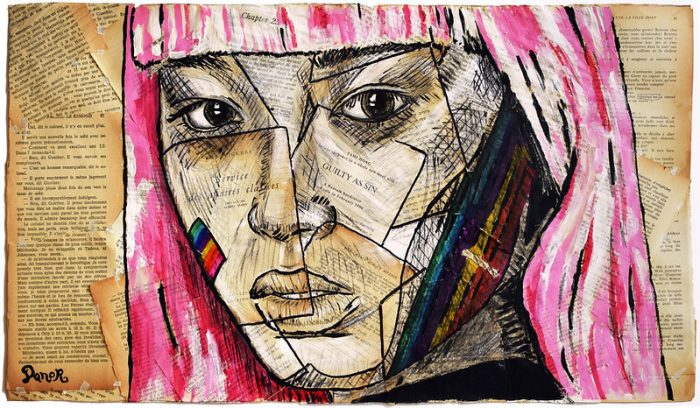I have never met someone who enjoys suffering. Never.
I have, though, met many people who are desperately trying to keep living—myself included.
I read a passage this morning in a book I’m reading called, They Say You’re Crazy, about a woman who had for many years been made to feel “abnormal” by mental health providers with questions like, “Do you see how you bring misery onto yourself?”
After many years of being spoken to this way and becoming more distressed, the woman saw a new psychotherapist who, for once, normalized her experiences.
After calling her therapist during a time of distress, this woman told him, “I am just terribly dependent on you.”
This new therapist did not seem to think so.
Instead of pathologizing her, he said:
“I don’t believe it means that you are dependent. I think that you have come to associate me with certain strengths in yourself, and you were calling me to remind yourself of those strengths.” (p.14)
The woman felt warmth in her heart at his response, as did I when I read it.
I don’t believe in women’s masochism.
Call me “challenging” if you’d like, but I believe someone has to question what the heck is going on in the system we refer those in distress to when seeking help.
I also don’t agree with using terms, such as “attention-seeking,” “manipulative,” and “demanding” to describe human behavior. This helps nobody.
Rather, as some studies suggest, I believe when we normalize distress, we can help people on a road to healing.
When we instead sit with people and help them have true seeing and compassion for themselves, as Tara Brach writes in her book, Radical Acceptance, we can help them out of a “trance of unworthiness.” (p.46)
To be honest, I fell hard a few years ago after being given the diagnosis of “Borderline Personality Disorder.”
As someone with childhood trauma who was not as the internet describes—angry, manipulative, difficult, attention-seeking, or bad with relationships, this label made me question myself and believe my essence was truly “bad.”
While I question often whether I was properly diagnosed, what I question more is what we are doing to women who do not feel well.
I just finished a documentary on Netflix called “Unrest,” about women who suffer from chronic fatigue syndrome.
Just as women labeled as having Borderline Personality Disorder, the physical pain these women feel is often not believed. Instead many are thought to have conversion disorder, which was once what we called hysteria.
Twice as many women as men are diagnosed with conversion disorder.
Roughly 75 percent of individuals diagnosed with Borderline Personality Disorder are females.
I no longer trust mental health providers to know what is best for me.
I no longer care to have a label.
To be honest, I think a lot of the DSM is bullish*t.
I am a soft-spoken woman who often doesn’t speak up, but I need the world to know this.
The road to healing is not in a pill bottle.
It is not in the DSM.
It is not in the words of a provider to who we often give all our power.
No, the road to healing, is as Rumi wrote—it is in you.
“Don’t turn away. Keep your gaze on the bandaged place. That’s where the light enters you.” ~ Rumi
~









Read 1 comment and reply